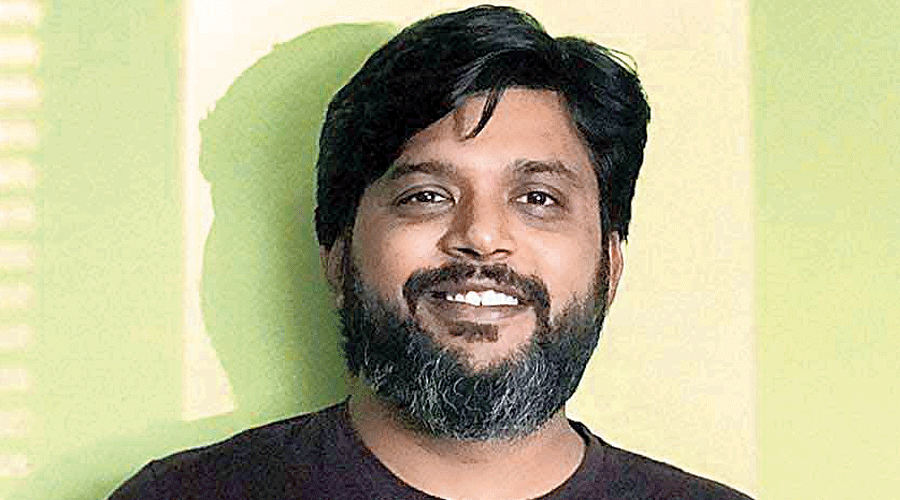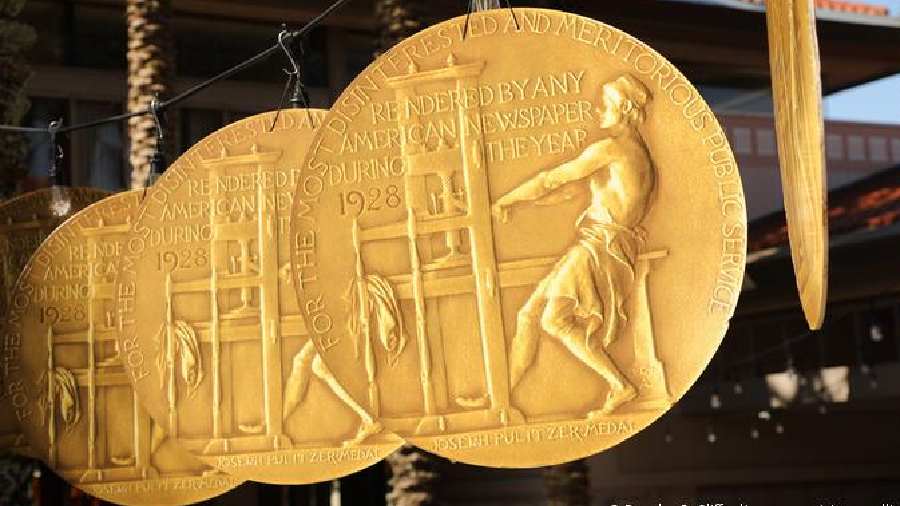Danish Siddiqui, the celebrated photojournalist who was killed last July while on assignment covering the war in Afghanistan, and three other Reuters photographers have won the Pulitzer Prize in feature photography for coverage of the coronavirus pandemic toll in India.
Besides Siddiqui, the Reuters photographers honoured with the most prestigious US awards in journalism were Adnan Abidi, Sanna Irshad Mattoo and Amit Dave.
The Reuters photographers were chosen “for images of Covid’s toll in India that balanced intimacy and devastation, while offering viewers a heightened sense of place”, Pulitzer Prize administrator Marjorie Miller said.
“A world largely preoccupied with its own suffering was jolted awake to the scale of India’s outbreak after Reuters photographers documented it,” Reuters editor-in-chief Alessandra Galloni said in a statement.
“To have Danish’s incredible work honoured in this way is a tribute to the enduring mark he has left on the world of photojournalism,” Galloni said of Siddiqui, who was also part of the Reuters photography team to win the 2018 Pulitzer Prize for feature photography for documenting the Rohingya refugee crisis.
Siddiqui, 38, was embedded with the Afghan Special Forces when he was killed in Kandahar’s Spin Boldak district on July 16, 2021. The parents of Siddiqui later complained to the International Criminal Court (ICC), accusing the Taliban of his murder.
Photographs of Siddiqui lying on the ground with his flak jacket removed were shared on the Internet, some by zealots in India celebrating the death of a photographer who also documented the mass cremations during the pandemic.
The trolls kept at it on Tuesday as well with several of them putting out disparaging tweets. The identical tweets indicate coordinated online disinformation — a hallmark of Right-wing groups in India that use bots or multiple inauthentic handles operated by a single human user or a computer.
After the Pulitzer announcement was made, Danish’s father Akhtar Siddiqui said: “We feel proud of him but we miss him.”
“It’s a mixed feeling. He would have been certainly happy knowing about this award. He has made us proud, his family proud and the journalistic community proud through his dedication, hard work, value-based work,” his father told PTI over phone.
Akhtar Siddiqui said his son had been immortalised through his work. “The world is honouring him. He was awarded by Boston University in April this year. Before that he was also given other awards. The world is recognising his work, his contribution. Unfortunately, he is not there to continue his work and contribution. We have been receiving lots of messages since morning. He is being respectfully remembered,” the father said.
The family has set up the Danish Siddiqui Foundation to honour his legacy.
Recalling his son’s work during the second wave of the Covid-19 pandemic, Akhtar Siddiqui said: “He went around the country, in the hospitals, in the Covid-19 wards, mortuaries, graveyards. He overworked during those days. His view was to show how the people were suffering and to let the world know about it so that we could collectively help people come out of this great disaster.”
“He took the risk at the cost of his personal health and his family. Nothing deterred him from discharging his duties,” he added.
Akhtar Siddiqui said that his son was, however, very cautious about ensuring the safety of his two small children and his aged parents. “He used to wear double body gear, change in the hospital before leaving for home. After returning home, he used to take a bath in a bathroom outside and would then come inside and stay in a separate room. The children got infected but they recovered soon. He used to take maximum care. He also contracted the infection but it was mild.”
The journalist avoided visiting his parents who stayed 5-6km away, and when he did visit them, he would confine himself to a separate room and communicate from there.
Danish travelled to remote areas, spent time in the Covid wards and followed stories wherever they took him — to the mortuaries and to the graveyards.
“It was very traumatic for him also. Sometimes he used to share it. But the next morning he would be up for the job again. He was emotionally hit very deeply at that time and would say that he had never seen human suffering of that magnitude. He saw many things at that time that were hard to talk about,” Akhtar Siddiqui said.
Additional reporting by Reuters











